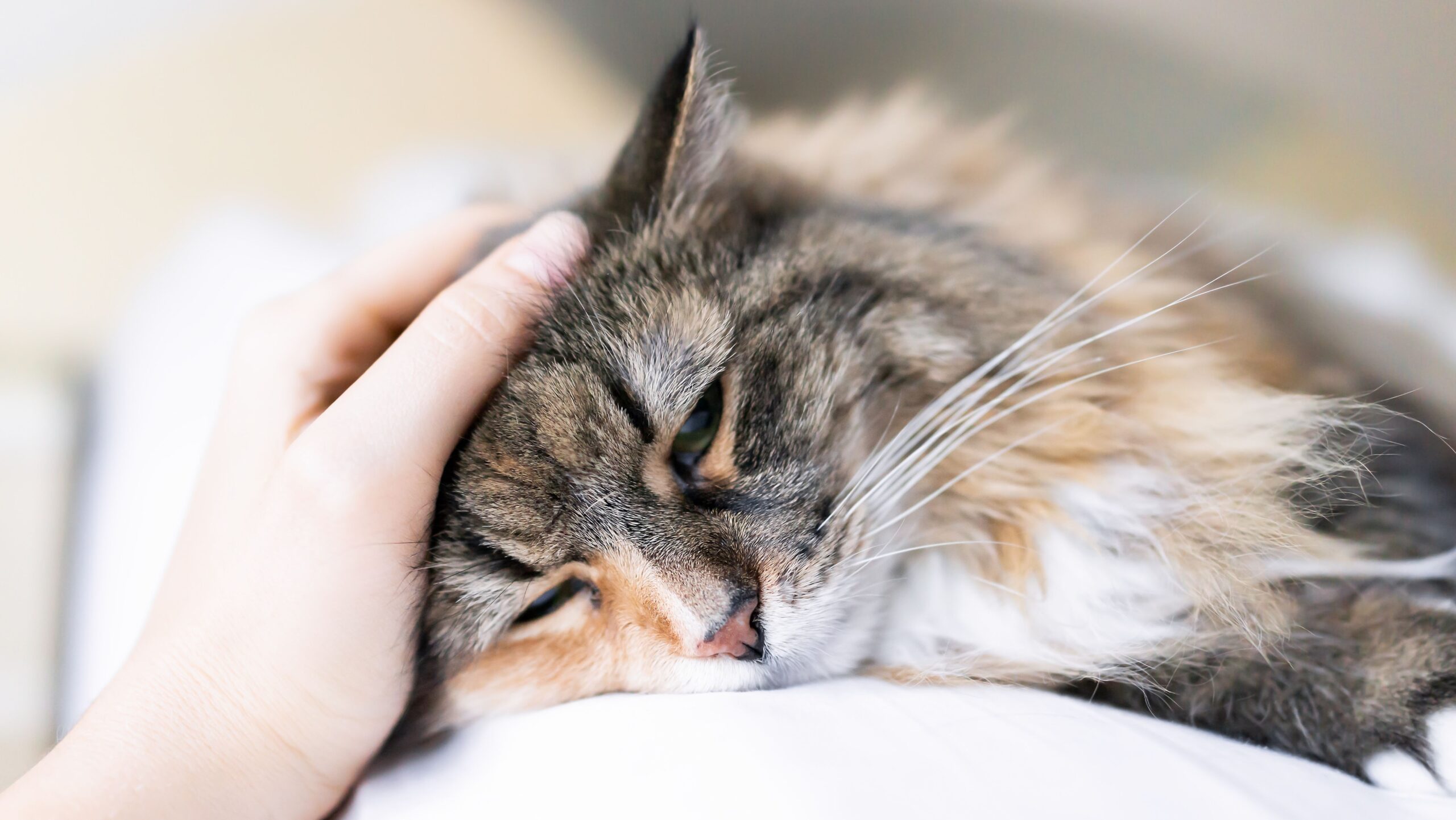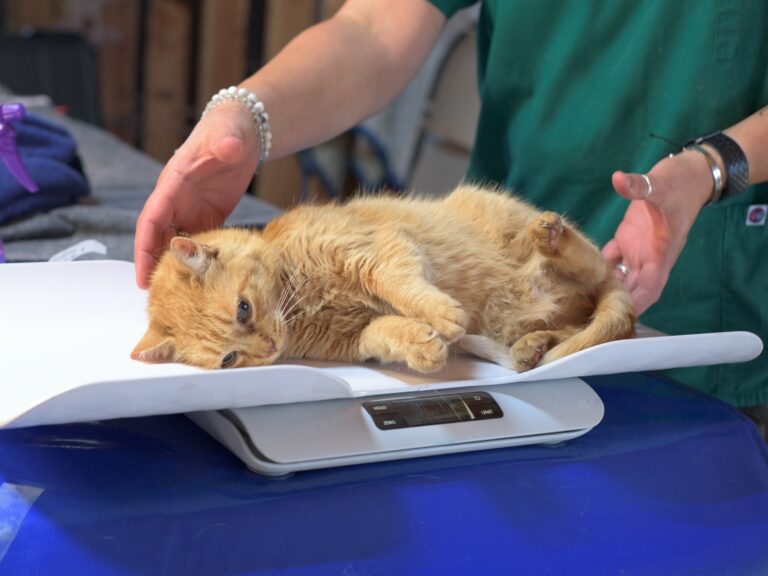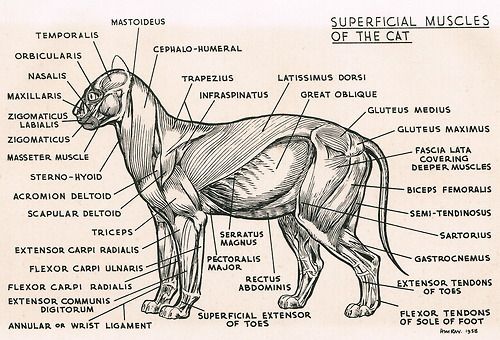Cat health maintenance strategies
Understanding the Basics: A Guide to Keeping Your Feline Friend Healthy
Providing proper care and maintenance for your feline friend is essential to ensure their overall health and well-being. As a responsible cat owner, it is crucial to understand the basics of cat care in order to provide them with a healthy and fulfilling life.
The first step in keeping your cat healthy is to provide regular veterinary check-ups. Just like humans, cats also require routine medical attention to prevent and detect any potential health issues. During these check-ups, the veterinarian will conduct a thorough examination, administer vaccines if necessary, and address any concerns you may have. These visits not only help maintain your cat’s physical health but also ensure their emotional and mental well-being. It is advisable to schedule these check-ups at least once a year, or more frequently for older cats or those with pre-existing conditions.
The Importance of Regular Veterinary Check-ups for Your Cat’s Well-being
Regular veterinary check-ups are an essential aspect of maintaining your cat’s overall well-being. These check-ups allow veterinarians to monitor your cat’s health, detect any potential issues, and provide necessary treatments in a timely manner. During these visits, veterinarians will conduct a thorough examination to assess your cat’s body condition, check for any signs of illness, and evaluate their vital signs. They will also listen to your concerns and address any questions you may have regarding your cat’s health. By scheduling regular check-ups, you can stay proactive in safeguarding your feline friend’s health and ensuring a long and happy life for them.
In addition to a physical examination, regular veterinary check-ups also include vaccinations and preventive care. Vaccinations are crucial for preventing certain diseases that can be life-threatening to cats. During these visits, veterinarians will review your cat’s vaccination status and administer any necessary vaccines. Additionally, they will discuss and prescribe preventive treatments for internal and external parasites, such as fleas, ticks, and worms. These preventive measures not only protect your cat but also help in preventing the transmission of diseases to other pets or humans. By staying on top of these vaccinations and preventive treatments, you are taking an active role in safeguarding your cat’s health and well-being.
Nutrition and Diet: Nourishing Your Cat for Optimal Health
Feeding your cat a balanced and nutritious diet is essential for maintaining their overall health and well-being. Just like humans, cats require a variety of nutrients to support their growth, energy levels, and organ functions. A high-quality commercial cat food that is specifically formulated to meet the nutritional needs of cats is usually the best option. These foods often contain a mix of protein, carbohydrates, fats, vitamins, and minerals to ensure your cat receives a complete and well-rounded diet. It is important to read the labels and choose cat foods that have real meat listed as the main ingredient and minimal fillers or artificial additives.
When it comes to feeding your cat, it is important to establish a regular schedule and portion control. Overfeeding can lead to obesity and a range of health problems, while underfeeding can result in malnutrition. It is best to consult with your veterinarian to determine the appropriate feeding guidelines based on your cat’s age, weight, and activity level. Additionally, remember to provide fresh water at all times and clean their feeding bowls regularly to prevent the growth of harmful bacteria. By ensuring that your cat’s diet is high-quality and tailored to their nutritional needs, you can help them maintain optimal health and a long, happy life.
Keeping Your Cat Active and Fit: Exercise Tips and Tricks
Keeping your cat active and fit is essential for their overall health and well-being. Regular exercise helps to prevent obesity, maintain muscle tone, and stimulate their natural instincts. Here are some exercise tips and tricks to help keep your feline friend active and engaged.
Firstly, interactive toys are a great way to encourage your cat to exercise. Toys such as feather wands, laser pointers, and puzzle toys can keep them entertained for hours. These toys not only provide mental stimulation but also encourage physical activity as your cat chases and pounces on them. It is important to supervise playtime and ensure that the toys are safe and durable.
Secondly, setting up a cat-friendly environment can also promote exercise. Create vertical spaces by installing cat trees or shelves where your cat can climb and explore. This not only encourages physical activity but also allows them to fulfill their natural instinct to climb and perch in elevated areas. Additionally, provide scratching posts and toys that promote stretching and scratching, as this helps to keep their muscles healthy and prevents furniture damage.
Regular exercise is crucial for your cat’s overall health. By incorporating interactive toys and creating a cat-friendly environment, you can ensure that your feline companion receives the exercise they need to stay active and fit. Remember, a healthy cat is a happy cat!
Maintaining a Clean and Safe Environment for Your Cat’s Health
A clean and safe environment is essential for the health and well-being of your feline friend. Cats are known for their cleanliness, so providing them with a clean living space is crucial. Regularly cleaning their litter box is necessary to prevent the buildup of waste and bacteria. Make sure to choose a litter that is non-toxic and gentle on your cat’s paws. Keep the litter box in a quiet and easily accessible area, as cats prefer privacy when doing their business.
In addition to maintaining a clean litter box, it is important to keep your cat’s surroundings clean as well. Regularly vacuuming and dusting can help eliminate allergens and reduce the risk of respiratory issues for your pet. Be cautious of using strong chemicals and cleaners, as they can be harmful to cats. Opt for pet-safe alternatives or natural cleaning products whenever possible.
Furthermore, creating a safe environment is just as important as keeping it clean. Cats are known for their curious nature, so it’s essential to secure any hazardous items or substances that could pose a threat. Keep medications, cleaning supplies, and chemicals out of reach and locked away. Ensure that cords and electrical wires are safely tucked away or secured, as cats may be tempted to chew on them. Providing your cat with proper scratching posts and hiding spots can help redirect their natural instincts and prevent damage to your furniture.
By maintaining a clean and safe environment for your cat, you are promoting their overall health and well-being. Taking these simple measures can go a long way in ensuring that your feline companion stays healthy and happy.
Preventative Measures: Vaccinations and Parasite Control
Regular vaccinations and proper parasite control are essential for maintaining your cat’s health and preventing the spread of diseases. Vaccinations help to stimulate your cat’s immune system and protect them against various infectious diseases. These vaccines are typically given as a series of injections, starting when the kitten is around eight to ten weeks old and with booster shots administered annually or as recommended by your veterinarian.
Common vaccinations for cats include those for feline viral rhinotracheitis, calicivirus, and panleukopenia, as well as for feline leukemia virus (FeLV) and rabies. These vaccines are crucial in protecting your furry friend from highly contagious illnesses that can lead to severe illness or even death. Besides vaccinations, it is important to regularly check your cat for any signs of parasites such as fleas, ticks, and worms. These tiny creatures can cause various health problems, including skin irritation, anemia, and intestinal issues.
Parasite control involves using appropriate preventive measures to keep these pests at bay. Your veterinarian can recommend safe and effective products such as spot-on treatments, oral medications, or collars to protect your cat from parasites. It is crucial to follow the instructions provided by the manufacturer and your veterinarian when using these products to ensure their efficiency and safety. Regularly inspect your cat’s fur, especially after outdoor activities or contact with other animals, and promptly address any signs of a parasitic infestation. Prevention is key in maintaining your cat’s overall health and reducing the risk of potential health complications.
Dental Care for Cats: Tips and Tricks for a Healthy Mouth
Cats, just like humans, need proper dental care to maintain a healthy mouth. Neglecting your feline friend’s dental hygiene can lead to a variety of oral health problems, including gum disease and tooth decay. To ensure your cat’s oral health, there are several tips and tricks you can follow.
Firstly, regular brushing is key. While it may take some time for your cat to get used to this routine, it is essential for removing plaque and preventing tartar buildup. You can use a cat toothbrush or a finger brush with cat-friendly toothpaste. It’s important to note that human toothpaste should never be used on cats, as it contains ingredients that can be harmful to them. Additionally, giving your cat dental treats or toys designed to promote dental health can help keep their teeth clean and their gums stimulated. By incorporating these simple practices into your cat’s daily routine, you can greatly contribute to their overall oral hygiene and keep their mouth healthy.
Recognizing and Managing Common Cat Health Issues
One of the most important aspects of being a responsible cat owner is recognizing and managing common health issues that may arise in your feline friend. While cats are known for their independent nature, it is essential to closely monitor their well-being and seek veterinary attention when necessary. Several common health issues can affect cats, including urinary tract infections, respiratory infections, and dental problems.
Urinary tract infections (UTIs) are a common health issue in cats, particularly among those that are older or overweight. Some signs of a UTI in cats include frequent urination, difficulty urinating, blood in the urine, and excessive grooming of the genital area. If you notice any of these symptoms, it is crucial to consult a veterinarian promptly. They can perform a urine analysis to confirm a UTI and prescribe appropriate treatment such as antibiotics or dietary changes.
Respiratory infections, such as feline upper respiratory tract infections, are also common among cats, especially those that live in close quarters with other felines. Symptoms of a respiratory infection may include sneezing, coughing, nasal discharge, and difficulty breathing. If your cat displays any of these signs, it is important to isolate them from other cats to prevent the spread of the infection. A veterinarian can diagnose the specific infection and prescribe medication or other treatments to help your furry friend recover.
Dental problems are another common health issue in cats, with periodontal disease being the most frequent oral condition. Signs of dental problems in cats may include bad breath, swollen gums, tooth discoloration, and difficulty eating. Regular dental care, including daily toothbrushing and professional cleanings, is essential for maintaining your cat’s oral health. In severe cases, extractions or other dental procedures may be necessary to relieve pain and prevent further complications.
As responsible cat owners, it is crucial to be vigilant and proactive in recognizing and managing common health issues in our feline companions. Regular veterinary check-ups, maintaining a clean and safe environment, and providing a nutritious and balanced diet are all crucial steps in keeping our cats healthy and happy. By staying informed about common health issues and seeking prompt veterinary care when needed, we can ensure our cats live long and thriving lives.
How can I keep my cat healthy?
Understanding the Basics: A Guide to Keeping Your Feline Friend Healthy provides helpful tips and advice on how to maintain your cat’s overall health and well-being.
Why are regular veterinary check-ups important for my cat?
The Importance of Regular Veterinary Check-ups for Your Cat’s Well-being explains the benefits of regular check-ups, including early detection of health issues and preventive care.
What should I feed my cat for optimal health?
Nutrition and Diet: Nourishing Your Cat for Optimal Health offers guidance on providing a balanced and nutritious diet for your cat’s well-being.
How can I ensure my cat stays active and fit?
Keeping Your Cat Active and Fit: Exercise Tips and Tricks provides practical advice on how to engage your cat in physical activities to maintain their fitness level.
How can I create a safe environment for my cat’s health?
Maintaining a Clean and Safe Environment for Your Cat’s Health offers tips on keeping your cat’s environment clean and hazard-free to prevent health issues.
What preventive measures should I take for my cat’s health?
Preventative Measures: Vaccinations and Parasite Control discusses the importance of vaccinations and parasite control to protect your cat from diseases and infestations.
How can I take care of my cat’s dental health?
Dental Care for Cats: Tips and Tricks for a Healthy Mouth provides useful tips and tricks for maintaining your cat’s oral hygiene.
What are some common health issues in cats and how can I manage them?
Recognizing and Managing Common Cat Health Issues covers various common health issues in cats, their symptoms, and how to effectively manage them.







